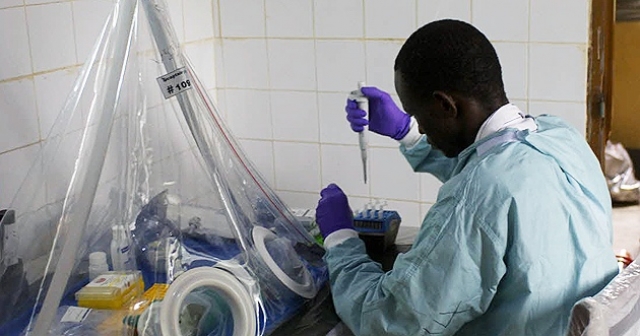Sierra Leone, a nation in West Africa, stands as a beacon of hope amidst the ongoing mpox outbreak plaguing the continent. While the disease continues its relentless spread across Africa, Sierra Leone has effectively prevented it from taking root within its borders. This success story is a testament to the coordinated efforts of health agencies, Sierra Leonean NGOs, and a proactive government.
Understanding the Threat
The recent global resurgence of mpox, formerly known as monkeypox, has caused widespread alarm. This viral illness manifests through fever, rash, and swollen lymph nodes, and primarily spreads through direct contact with bodily fluids or lesions. Though recovery for most individuals is within a few weeks, complications can arise for those with weakened immune systems. Open lesions can invite secondary infections, and in severe cases, mpox can even affect the respiratory system.
The recent outbreak in Africa is particularly concerning due to its prevalence in densely populated urban areas with limited access to healthcare. Sierra Leone, with its burgeoning urban centers and potential healthcare gaps, was especially vulnerable.
Containing the Outbreak
As of October 2024, a significant portion of Africa, including 16 countries, continues to report new mpox cases. The Democratic Republic of the Congo stands out as the most severely impacted, with over 6,000 confirmed cases and tragic deaths. The emergence of mpox in urban settings poses additional challenges due to increased human interaction and population density.
Neighboring countries like Guinea have also seen cases emerge, raising concerns about cross-border transmission. Africa’s porous borders and resource limitations further emphasize the need for a robust regional response.
Sierra Leone’s Success Story
In stark contrast to the regional struggle, Freetown, the capital of Sierra Leone, has remained largely mpox-free. This achievement is attributed to a collaborative effort between local and international health agencies who spearheaded vaccination campaigns and targeted public awareness efforts at high-risk groups.
Sierra Leonean NGOs, crucial partners in the national healthcare landscape, have played a vital role in preventing a wider outbreak. The National Public Health Agency (NPHA) and the Ministry of Health (MOH), alongside organizations like UNICEF, proactively activated emergency preparedness strategies long before the first case appeared in neighboring countries.
“We swiftly put together a response plan that addressed health, supply, behavior change, and information dissemination,” explained Dr. Vandana Joshi, Chief of Health and Nutrition at UNICEF Sierra Leone. This strategy aligned with the NPHA’s three-month mpox contingency plan, focusing on preventing mpox from neighboring countries from finding a foothold in Sierra Leone.
Dr. Joshi further elaborated on UNICEF’s efforts, “We promoted regular handwashing with soap in schools, health centers, and communities. Additionally, pre-positioning crucial supplies allowed for rapid deployment as needed.”
Sierra Leone’s success in containing mpox serves as a model for other African nations battling the outbreak. By prioritizing preparedness, leveraging partnerships with NGOs, and focusing on public awareness, Sierra Leone has secured its citizens’ health and demonstrates the power of a proactive approach.



